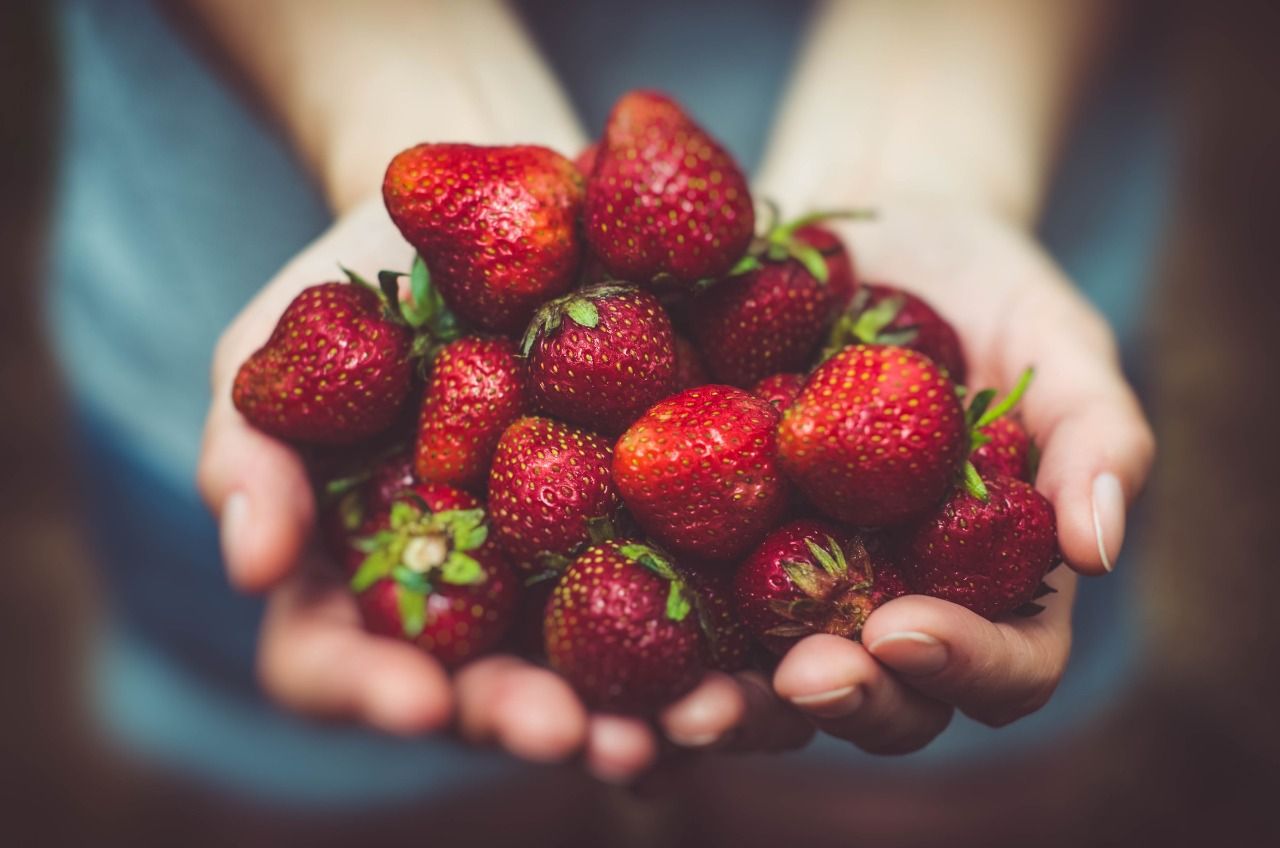Pickle for your thoughts: A view on food processing...
Amb Sarvajit Chakravarti
Post On > Nov 22 2021 1451

West Bengal can look forward to food processing as a potential game changer for its rural economy. It can help save post-harvest losses and add value to all farm-related activities like agriculture, horticulture, fishery, animal husbandry and the forest produce. The sector also has the potential to double the per capita rural incomes and thus improve the state's GDP growth significantly from its present level.
Scope and opportunities
Food processing holds huge potential for both employment and demand generation in domestic and export markets provided it is built on a public-private partnership (PPP) model. Another gainful step would be the creation of new 'farm to fork' supply chains by linking the agri-centres (village) with MSMEs and large production units in both public and private sectors. In addition, it will give a fillip to warehousing, logistics and energy demand. The energy demand can be met by renewable energy from biomass, waste, solar, wind and small hydel power output.
Topographic & other advantages
West Bengal is the most blessed state of India in having all terrains from mountains to the sea and topography from semi-arid to lush tropical, temperate and alpine. Potentially, the state can produce and market all types of food found in the world. These may be used optimally to grow alpine, temperate, subtropical and tropical fruits, vegetables and grains, many of which are now imported. They may be preserved or further processed to create and cater to a wider market.
This, however, will require imaginative and innovative planning across a range of services, like
a. Private financial services to create start-up ecosystems.
b. A logistics chain to enable harvest collection and supply to delivery and processing points.
c. An additional delivery chain, preferably refrigerated, to carry processed food to warehouses and to ensure on-time delivery to retail outlets and for exports by land, air and sea.
Infrastructure usage
West Bengal can use Andal-Durgapur and Bagdogra airports as cargo hubs and build suitable facilities there for refrigerated warehousing, phytosanitary inspection/clearance and quarantine facilities, quality compliance systems and other requirements. Smaller Udaan airports can also be used for feeder services.
These hubs can help enhance food processing trade with its neighbouring states like Odisha, Jharkhand, Bihar, Assam and the 'Seven Sisters' in the North-east as well as the bordering countries like Bangladesh, Nepal and Bhutan. Bagdogra has already become a major transport hub in the region, with further improvements being under way.
Increasing use of refrigerated E-vehicles in the plains may reduce air pollution, and petrol-diesel vehicles may need to be used only in the hills.
Quality monitoring
However, ensuring quality and safety standards have to be an important agenda for the state government if it wants to achieve the desired results in food processing.
In order to enable exports worldwide, the standards should be in line with the EU or FDA, both in terms of content and packaging. If adopted, these standards will automatically ensure compliance with FSSAI and BIS standards, which are less stringent for the domestic market.
Skill & investment initiatives
The state government will also need to invest in skill development and set up processing parks. It must encourage agricultural universities to teach and propagate cultivation of new and hitherto imported varieties of fruit and vegetables, encourage vertical farming, smart irrigation and multi-cropping practices.
Special facilities and incentives may be considered to attract new investors and encourage start-ups at all levels from harvesting to retailing. Incorporation of new and simple preservation techniques such as solar drying of harvested crops will minimise post-harvest losses.
Finally, the government must undertake wide marketing campaigns at home and abroad to promote exports under the Biswa Bangla brand. Food processing can be a major theme at the next Bengal Global Business Summit (BGBS).
The role of SHGs & advantages
The state's self-help groups (SHGs) can play a significant role in creating a food processing industry by pickling in vinegar vegetables like cucumbers, onions, chillies, ginger and cabbage. They can aslo produce pickled gherkins, onions, sauerkraut and even kimchi.
These foods are used in salads and as accompaniments to kebabs, tandoori items, burgers, roast meats, sausages etc. Amazon now sells only imported bottles of pickled gherkins and jalapeno peppers.
This will smooth supply chains, prevent post-harvest wastage, ease pressure on cold storage, energise the glass industry, provide employment at village level, empower women, reduce migration and human trafficking and substantially improve farmer incomes.
This can also create another revenue stream for the state and reduce foreign exchange outflow by import substitution. Vinegar based pickles also have greater export potential than the traditional Indian ones in mustard oil, which is banned for human consumption in the EU.
* Amb Sarvajit Chakravarti, is a retired Indian diplomat.
** Photo by Artur Rutkowski on Unsplash

Northeast Energy Scenario Part-1: Paradigm shift in petroproduct availability and consumption
2023-03-28 16:22:05

Consolidation of 'indigenous' votes aligned Tripura's political landscape with the rest of the northeast.
2023-02-16 08:51:53

Why Kolkata doesn’t have a Unicorn ?
2023-01-28 09:53:57

Social media literacy should be mandatory in UG curriculum
2022-11-30 12:00:53

India's new CDS, Gen Anil Chauhan has a daunting task ahead!
2022-09-30 10:34:59

Make annual BBIN summits a norm, create a common market for food and services
2022-08-13 10:39:02
